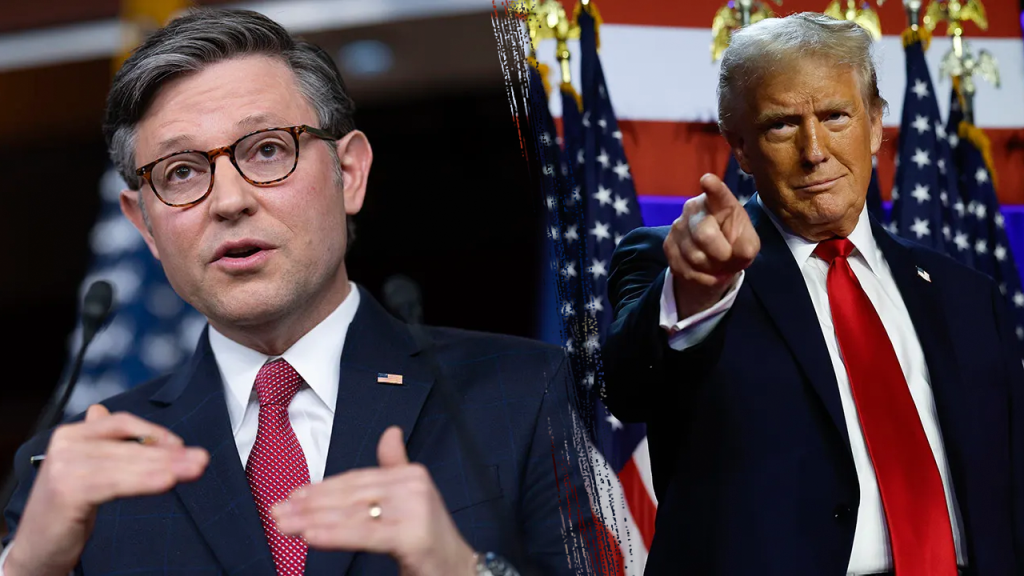President-elect Trump is in favor of a conservative policy overhaul that would be delivered in a single large bill, according to sources. He wants both the House and Senate to pass this bill by May, putting an end to the internal disputes among Republicans on how to pass their goals for the upcoming year. This plan involves using a process known as “reconciliation” in the Senate, which allows for a simple majority vote on budgetary and fiscal matters. However, the legislation would still need to pass through a strict assessment by the Senate parliamentarian to determine its relevance to U.S. fiscal matters.
The Democrats previously attempted to use reconciliation to pass mass amnesty measures but were unsuccessful. Now, Republicans are looking to use it to add border security provisions to the bill, extend Trump’s Tax Cuts and Jobs Act of 2017, and pass measures related to energy and defense. There was disagreement within Congressional Republicans about whether to pass one or two reconciliation bills, with Senate Majority Leader John Thune suggesting splitting the priorities into two separate bills. This proposal was supported by top Trump adviser Stephen Miller but faced opposition from House Republicans who felt that two bills might be overly complicated.
The House Ways and Means Committee Chairman emphasized the need for a single reconciliation bill that addresses border security, energy, permitting, and tax policies together. The committee issued a memo warning that if Trump’s tax policies expire, everyday Americans could see a significant tax increase. Lawmakers have differing views on whether one or two reconciliation bills are feasible. House Freedom Caucus Chairman Andy Harris believes that border security and tax policies should proceed on parallel tracks, although he sees taxes as more complex. The committee meeting was described as informative and productive, with discussions about legislative goals related to border security, energy dominance, reducing wasteful spending, and building upon Trump’s tax cuts.
The plan for a single large reconciliation bill was presented by Speaker Mike Johnson during a closed-door meeting with House Republicans. Their discussions focused on how to deliver on legislative goals in a momentous year for Congress and the country. The need to defend borders, combat crime, protect children, reduce bureaucracy, and maintain tax policies were highlighted as key priorities. While the issue of whether to split the reconciliation bill into two separate pieces of legislation is still being debated, Republicans remain united and committed to achieving their goals. Efforts to secure border resources and extend important tax policies continue to be at the forefront of the party’s agenda.















